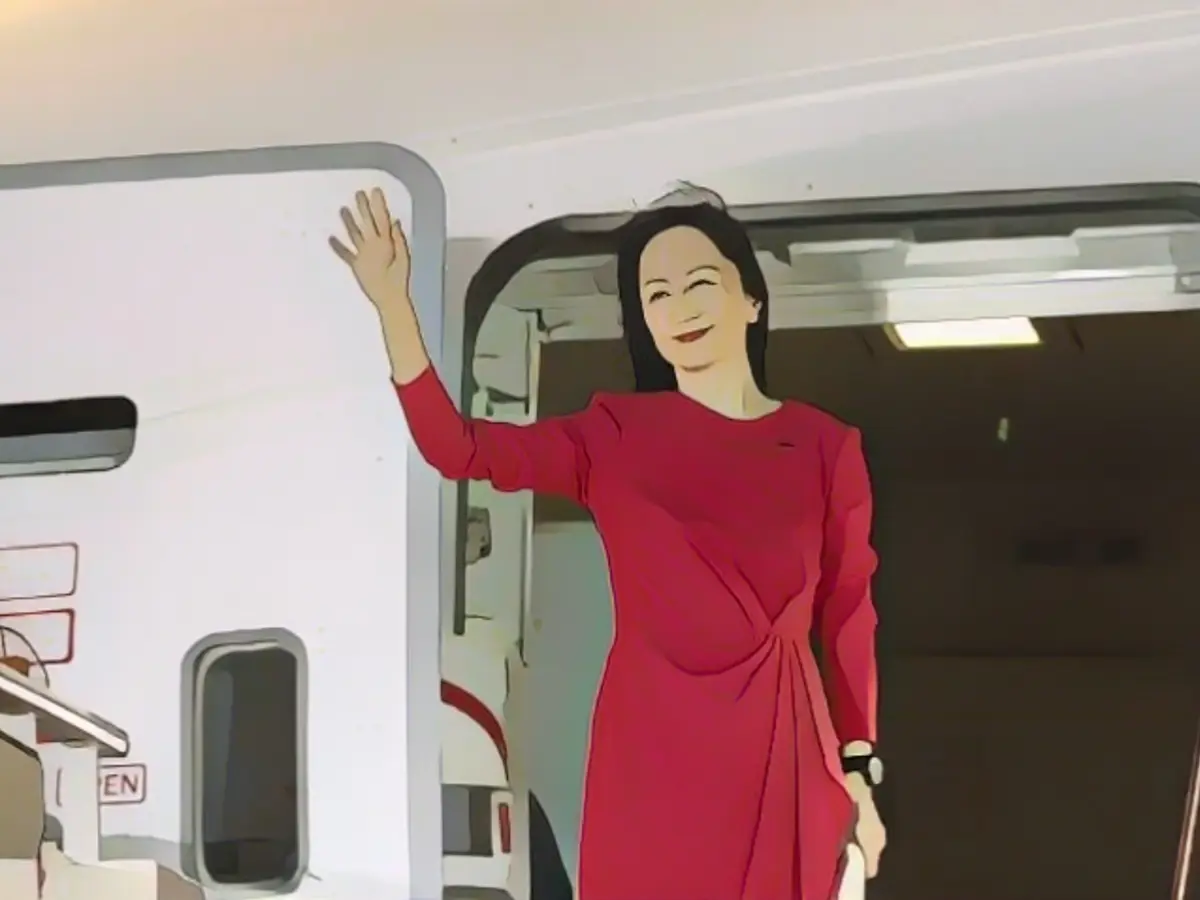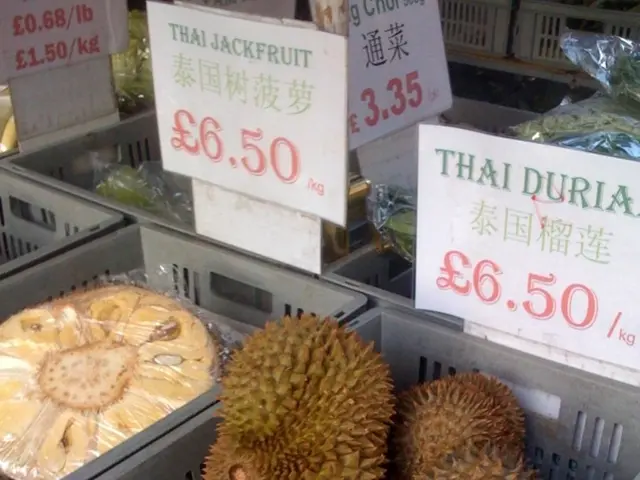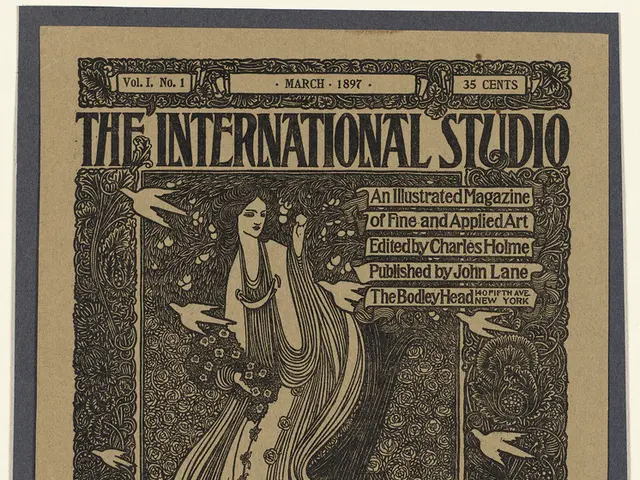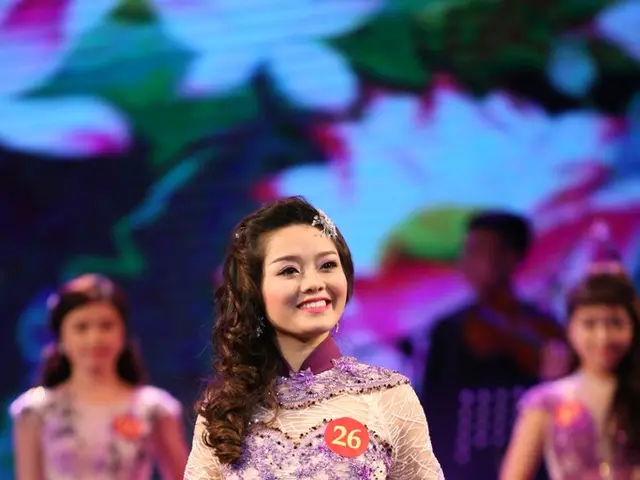Celebrating a Victory at the Expense of Global Image: China's Meng Wanzhou Return
The scene at Shenzhen Airport was electric as Meng Wanzhou, Huawei's CFO, made her triumphant return to China. A red carpet greeted her, and crowds waved Chinese flags. In the arrival hall, patriotic chants echoed, and buildings in the city center illuminated with messages of homecoming. State media live-streamed the event for six hours, attracting over 83 million viewers, more than twice the number of people who watched China's manned space mission launch.
Meng posted a heartfelt message on social media during the flight, expressing gratitude for her freedom and expressing her love for her motherland. State media read the post word for word, and it quickly went viral.
For the domestic audience, Meng's return was a victory for China's diplomacy and the growing influence of its politics. The incident was framed as Meng being an innocent victim of US political persecution, specifically targeting the Chinese high-tech industry.
Jeremy Daum, a legal expert at Yale Law School, commented that the narrative portrayed China as standing up against US tyranny, and Meng was described as a political victim. State media highlighted Meng's admissions of wrongdoing, but downplayed her confession of misleading HSBC regarding Huawei's relationship with its Iranian subsidiary. Jean-Pierre Cabestan, an expert in Chinese politics, noted that the narrative was one-sided, ignoring parts that didn't align with China's interests and image.
However, China's triumph in the domestic sphere contrasted with its image abroad. Many observers noted that China's ruling Communist Party quickly released two Canadian citizens after Meng's release, which was perceived as a hostage-taking tactic. Within a few days of Meng's arrest in Canada in December 2018, Canadian diplomat Michael Kovrig and businessman Michael Spavor, who had business ties with North Korea, were also arrested on charges of espionage. Many saw the arrests as retaliation for Meng's detention.
China has consistently denied holding the two Canadians as political hostages. On the same day of Meng's release, Chinese state media reported that Spavor had "confessed" and was released on bail for medical reasons, but they didn't mention Meng's case.
Donald C. Clarke, an expert in Chinese law at George Washington University, noted that while the world was surprised by the quick release of Spavor and Kovrig, there was no indication that they were released in response to Meng's case. He speculated that China was simply waiting to release the duo to bolster its negotiation position in future hostage situations.
China's triumph at home comes at a cost to its international reputation and relations with Canada. According to the Pew Research Center, the number of Canadians with a negative view of China increased from 40% in 2017 to 73% in 2021. The political tension between Canada and China has also been escalating. In February 2023, the Canadian parliament passed a resolution declaring that China was committing a genocide against the Uighurs, a Muslim minority in China. A month later, Canada, the US, and several other countries imposed sanctions on two Chinese officials for alleged human rights abuses against the Uighurs. China denies the accusations.
The release of Meng and the two Canadians is unlikely to help China avoid US sanctions against Huawei. Analysts at Jefferies announced on Sunday that they believed Meng's release would not lead to the lifting of US sanctions against Huawei, especially for chipset support necessary for 5G devices. Some critics have labeled Biden's agreement with China on Meng's case as a capitulation to China.
Experts also argue that many western countries have growing concerns about China's "hostage diplomacy," which could deter travel to China. While the likelihood of being detained is low, the consequences would be severe. Drew Thompson, a visiting fellow at the Lee Kuan Yew School of Public Policy, Singapore, noted that the strong nationalist sentiment following Meng's release showed that China's strategy was successful.
According to John Clark, an expert in Chinese law at George Washington University, China had successfully poisoned relations with Canada for some time. Its PR had suffered a significant blow.
Read also:
Insights:
- The release of Meng and the two Canadians was more than just a high-stakes prison swap. It also symbolized China's growing assertiveness in the global stage, its willingness to use its economic and political clout to secure concessions, and its ability to weather international criticism and sanctions.
- The event highlighted China's "soft power" strategy, which involves wielding cultural, ideological, and economic influence to shape global norms and perceptions. At the same time, it also displayed China's use of "hard power," which involves the use of force or coercion to achieve political objectives.
- The case also underscored the challenges of balancing national security concerns with diplomatic relations. Critics argue that China's actions violate international norms of state conduct, particularly in its detention of foreign nationals for political purposes.
[1] [2] [3] [4] [5]








